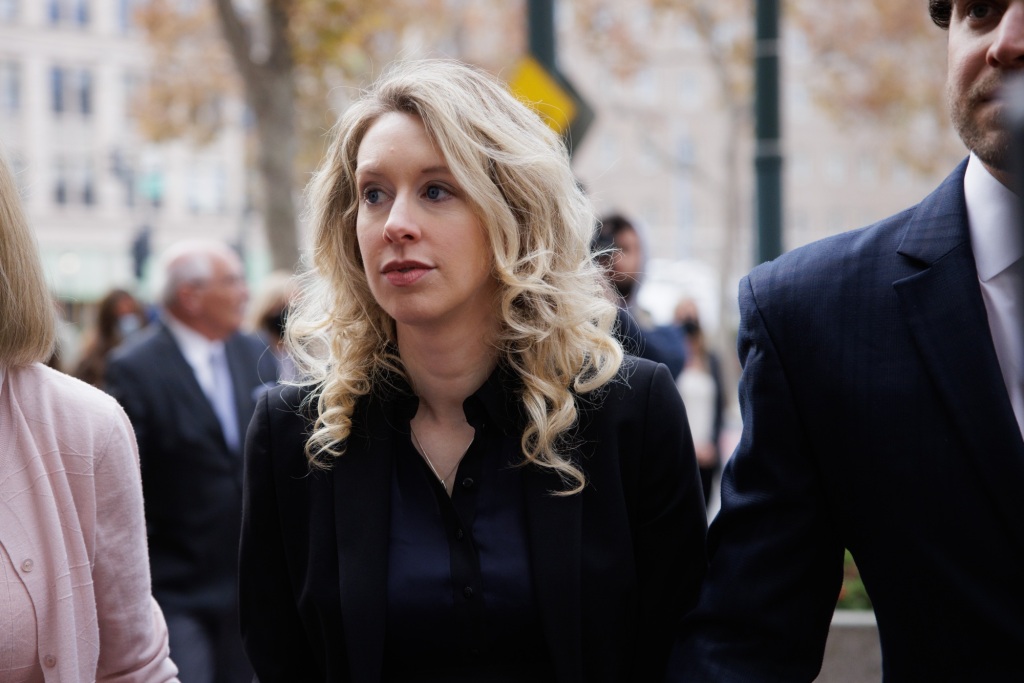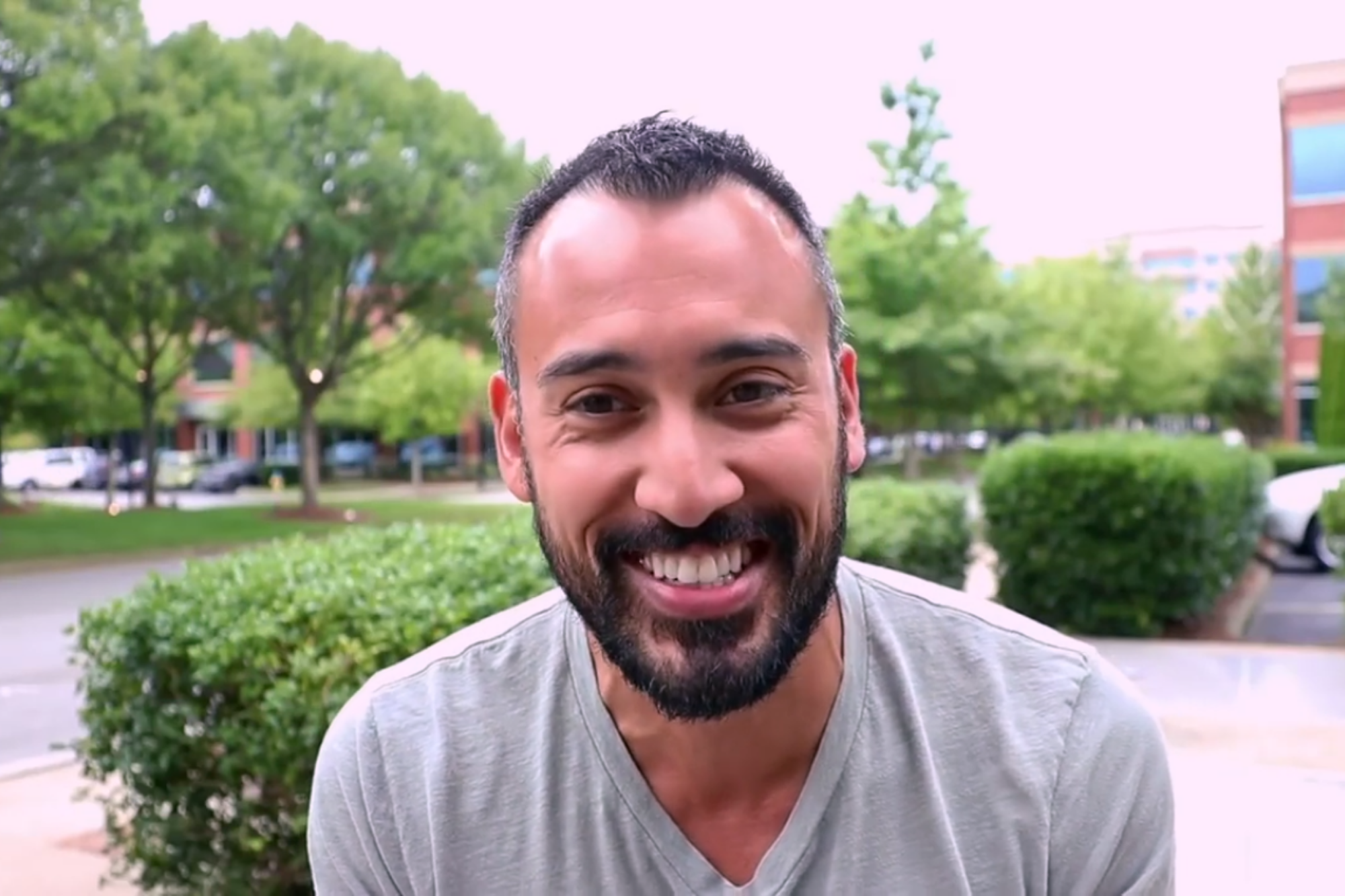Theranos founder Elizabeth Holmes has made a Hail Mary bid that will delay her imprisonment for felony fraud.
Holmes late Tuesday asked the U.S. Court of Appeals for the Ninth Circuit to overturn an order by the judge who oversaw her trial to surrender herself for incarceration tomorrow. Under the court’s rules, she will remain free until a decision is made.
It was not immediately clear for how long her motion to the appellate court would keep her from having to report to prison. Holmes’ co-accused, Sunny Balwani, who was tried and convicted separately, went through the same process in appealing his prison-date order, and the Ninth Circuit took three weeks to rule against him, while he remained free pending their decision.
Holmes, 39, fought for months to remain free until her appeal of her verdict and sentence is concluded, which could be up to a year or more from now. But earlier this month, Judge Edward Davila ordered her to start serving her sentence of more than 11 years tomorrow, in accordance with his November ruling in U.S. District Court.
In her filing Tuesday, Holmes accused Davila of making “numerous, inexplicable errors” when he denied her attempt to persuade him to let her remain free pending her appeal. Holmes pointed out that Davila referred to her “patient fraud convictions” when the jury acquitted Holmes on patient-related counts. Her filing makes additional allegations that Davila erred in interpreting evidence and applying a legal standard.
Robert Weisberg, a professor at Stanford University’s law school, told this news organization earlier this month that he expected Holmes would lose her bid to overturn Davila’s decision on her imprisonment date, as appellate courts typically defer to lower courts on such matters.
Holmes was convicted by a jury in January 2022 after a four-month trial of defrauding investors in her now-defunct Palo Alto blood-testing startup out of more than $144 million. In November, Davila sentenced her to more than 11 years in prison but allowed a pregnant Holmes to defer incarceration until April 27 in a decision legal experts said was likely to allow her to give birth to her second child.
Davila has recommended that Holmes serve her time at a minimum-security prison camp 100 miles from Houston, but the U.S. Bureau of Prisons has the final say on the location of her incarceration. Under federal law, Holmes must serve at least 9.5 years of her sentence.
A Stanford University dropout who founded Theranos in 2003, Holmes has been free on bail since she was charged by federal authorities with fraud in 2018. Jurors in her trial heard she made false statements about her company and its purported ability to conduct a full range of tests using just a few drops of blood from a finger-stick. The trial generated world-wide media coverage, with evidence revealing Theranos’ technology fell far short of Holmes’ claims, and that she engaged in substantial deceptions about its capabilities and uses, and about her company’s financial state.
The jury convicted Holmes on four counts of defrauding investors, but not on the charges related to blood-testing patients. Davila has yet to issue a decision on how much restitution Holmes should pay for losses from her crimes. Federal prosecutors in a March court filing asked Davila to order Holmes to repay the full amount of investor losses, which the prosecution tallied at more than $878 million. Davila has pegged investor losses from Holmes’ criminal conduct at $381 million. A jury convicted her on counts relating to investor losses of about $144 million. Holmes in a February court filing said she “continues to work on ideas for patents” but “has essentially no assets of meaningful value.” In an earlier filing, Holmes’ legal team said she “has incurred substantial debt from which she is unlikely to recover.”










